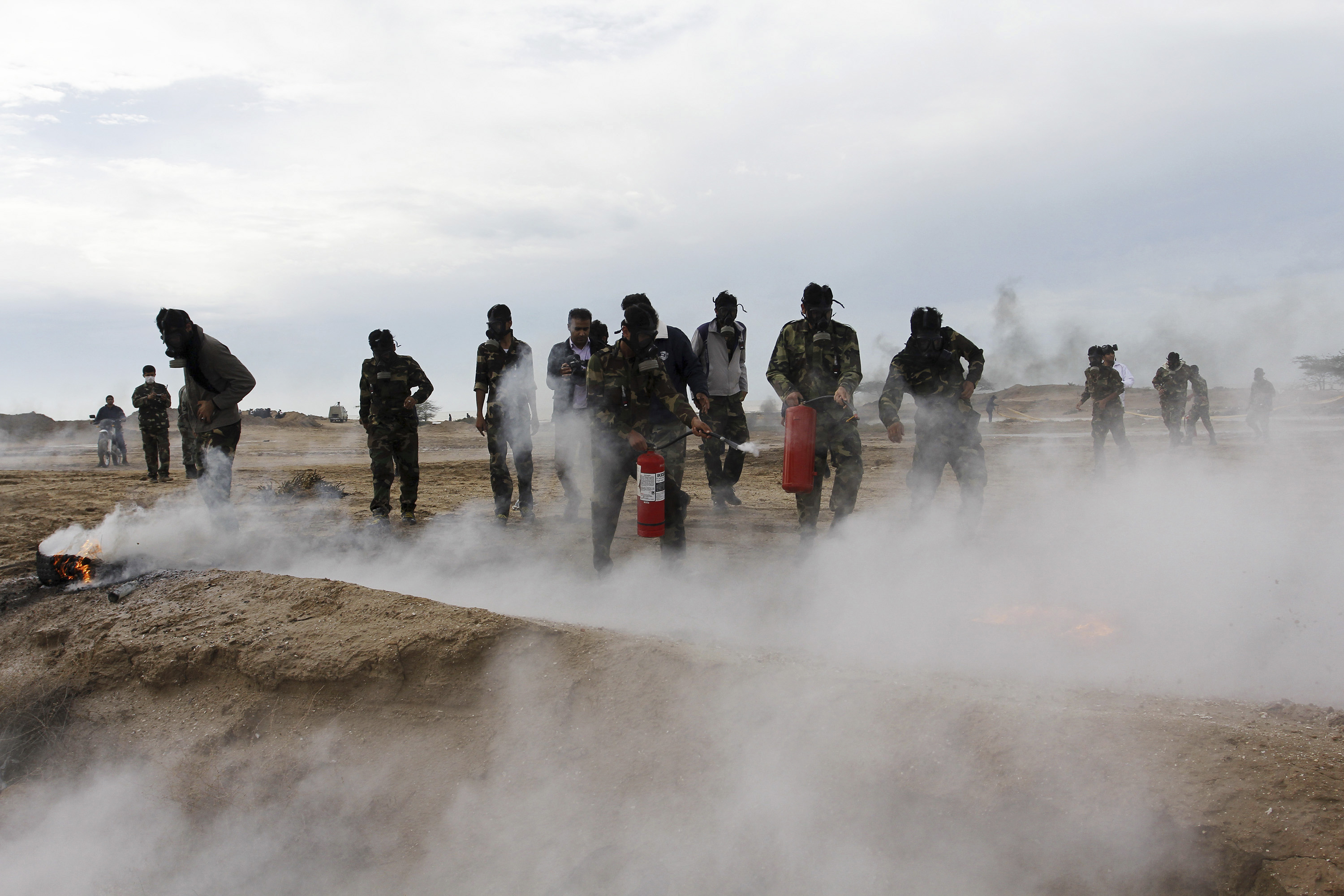The signing of a short-term nuclear accord between Iran and six world powers Sunday left ardent critics of the Islamic republic — most vocally the Israeli government and many U.S. lawmakers — deeply worried that the Obama administration and its partners were making a historic mistake.
"Today the world has become a much more dangerous place, because the most dangerous regime in the world has taken a significant step toward attaining the most dangerous weapon in the world," Israeli Prime Minister Benjamin Netanyahu said.
He vowed to spend the six months covered by the interim agreement pushing the White House and other allies for a long-term deal that not only curbs Iran's current nuclear program but also dismantles the infrastructure that could allow it to make a nuclear device. In Congress, many Republicans and some influential Democrats echoed Israeli concerns that the deal freezes Iran's uranium enrichment but does not reduce its capacity. Tehran says the enrichment is for energy, not weapons production, but many U.S. lawmakers and critics in the international community are skeptical of that claim.


















With your current subscription plan you can comment on stories. However, before writing your first comment, please create a display name in the Profile section of your subscriber account page.